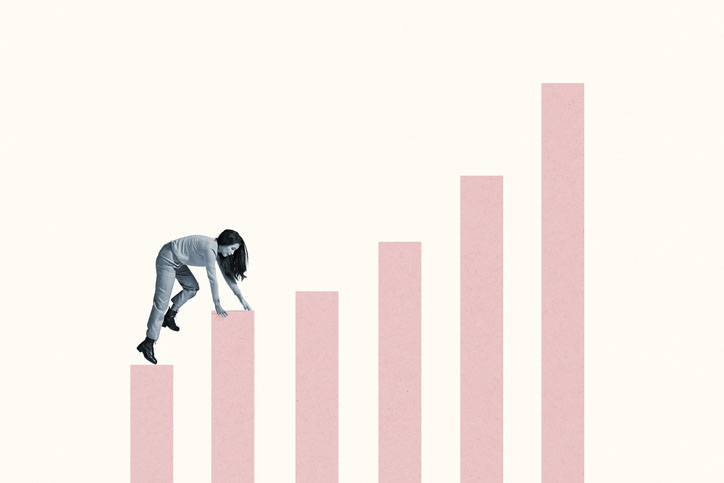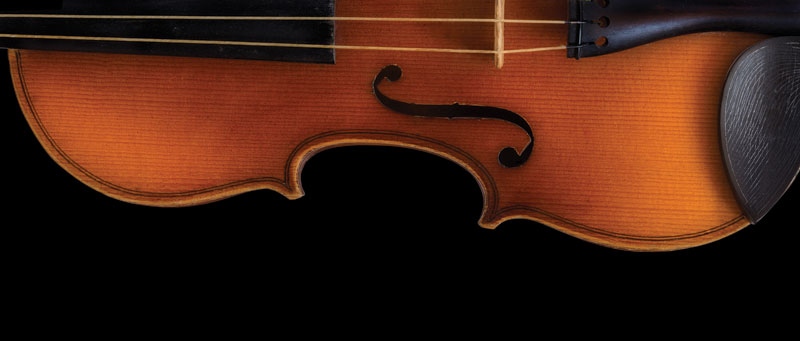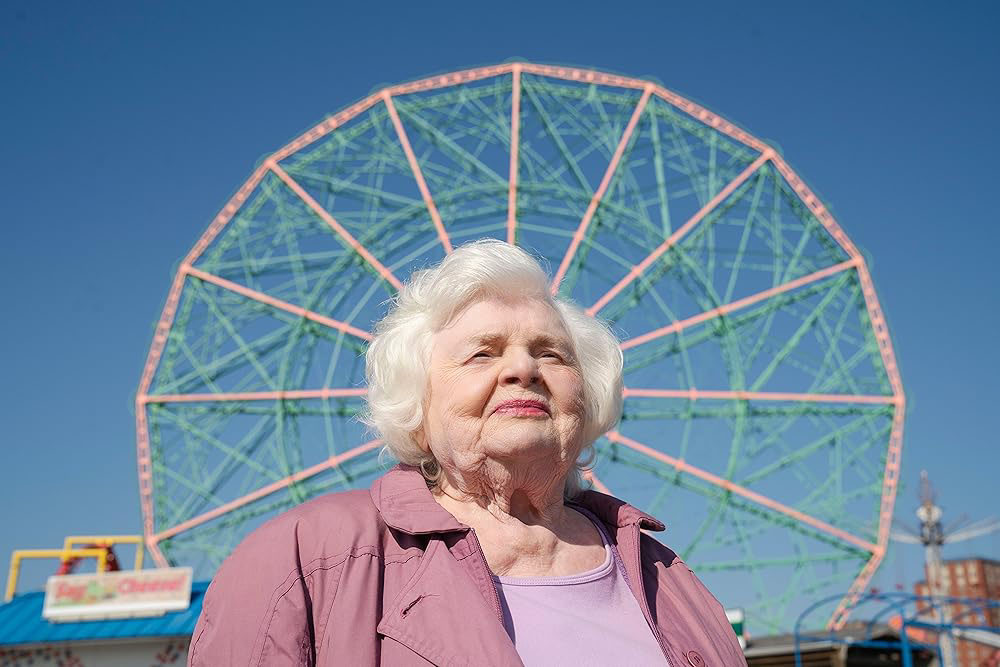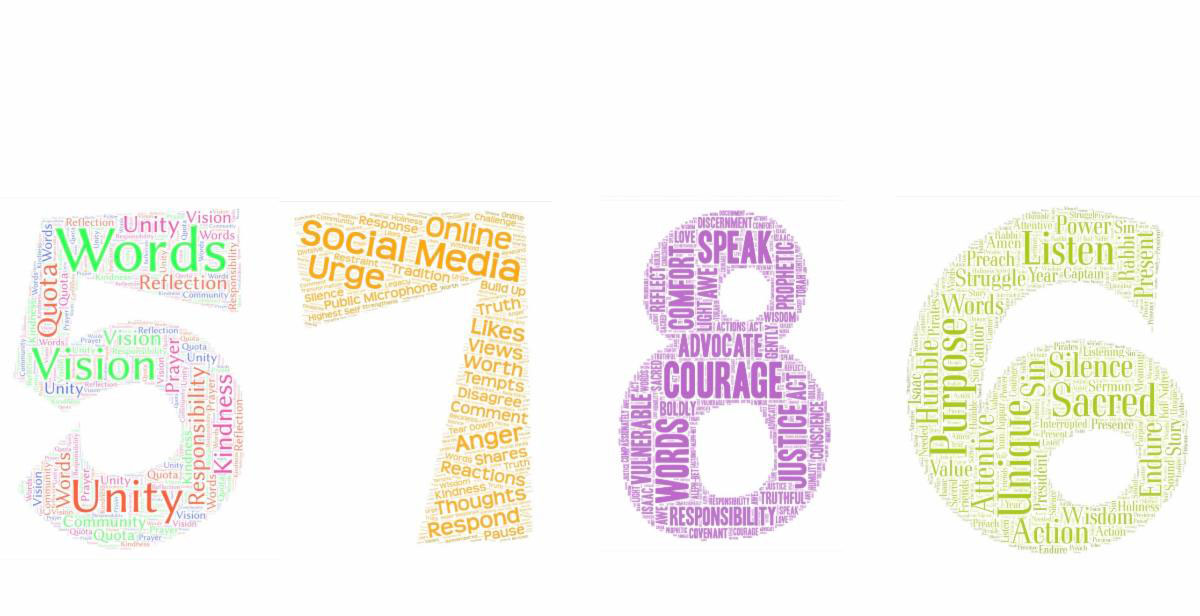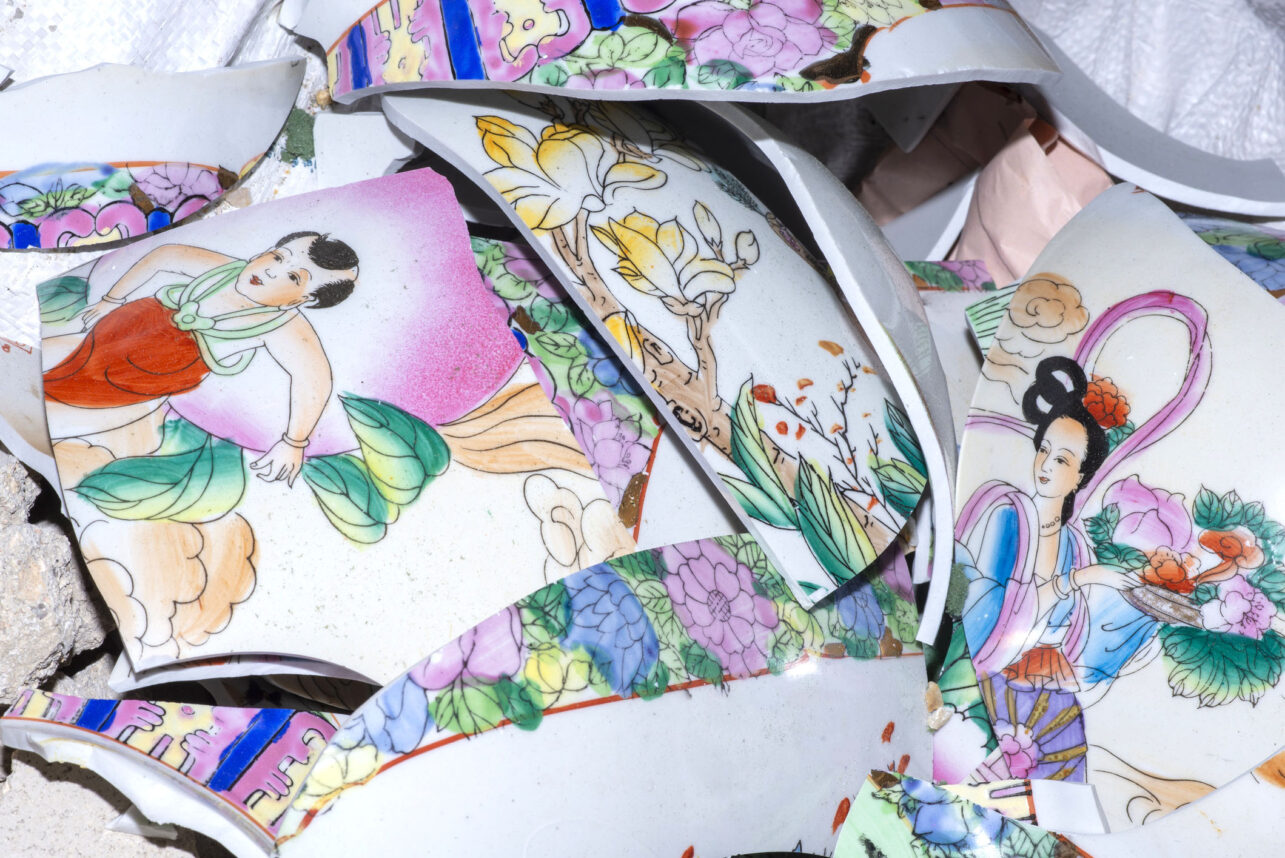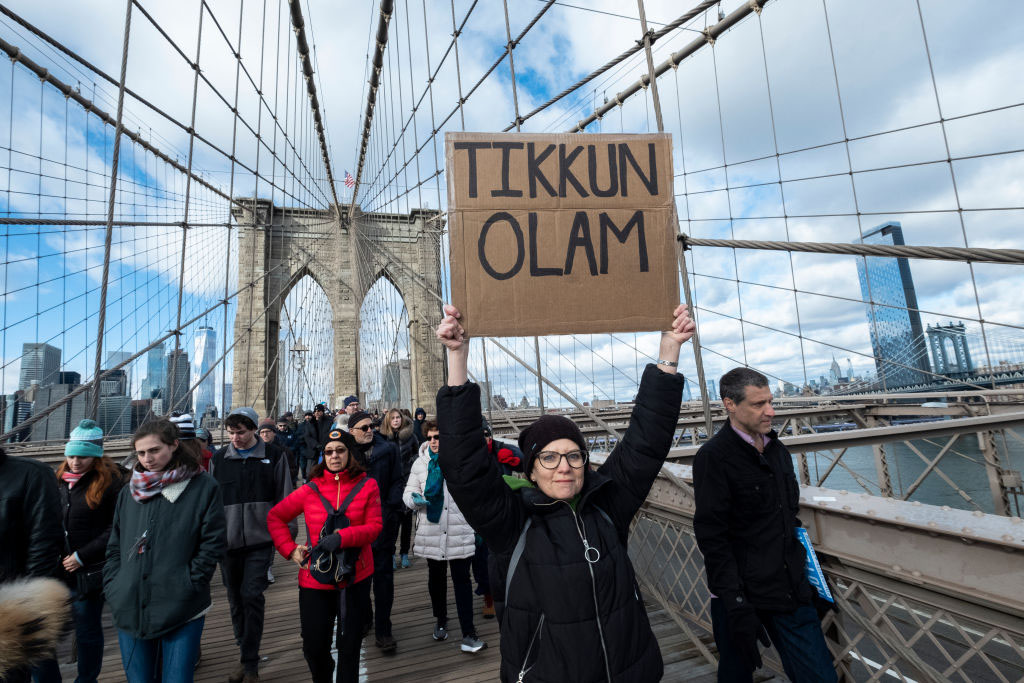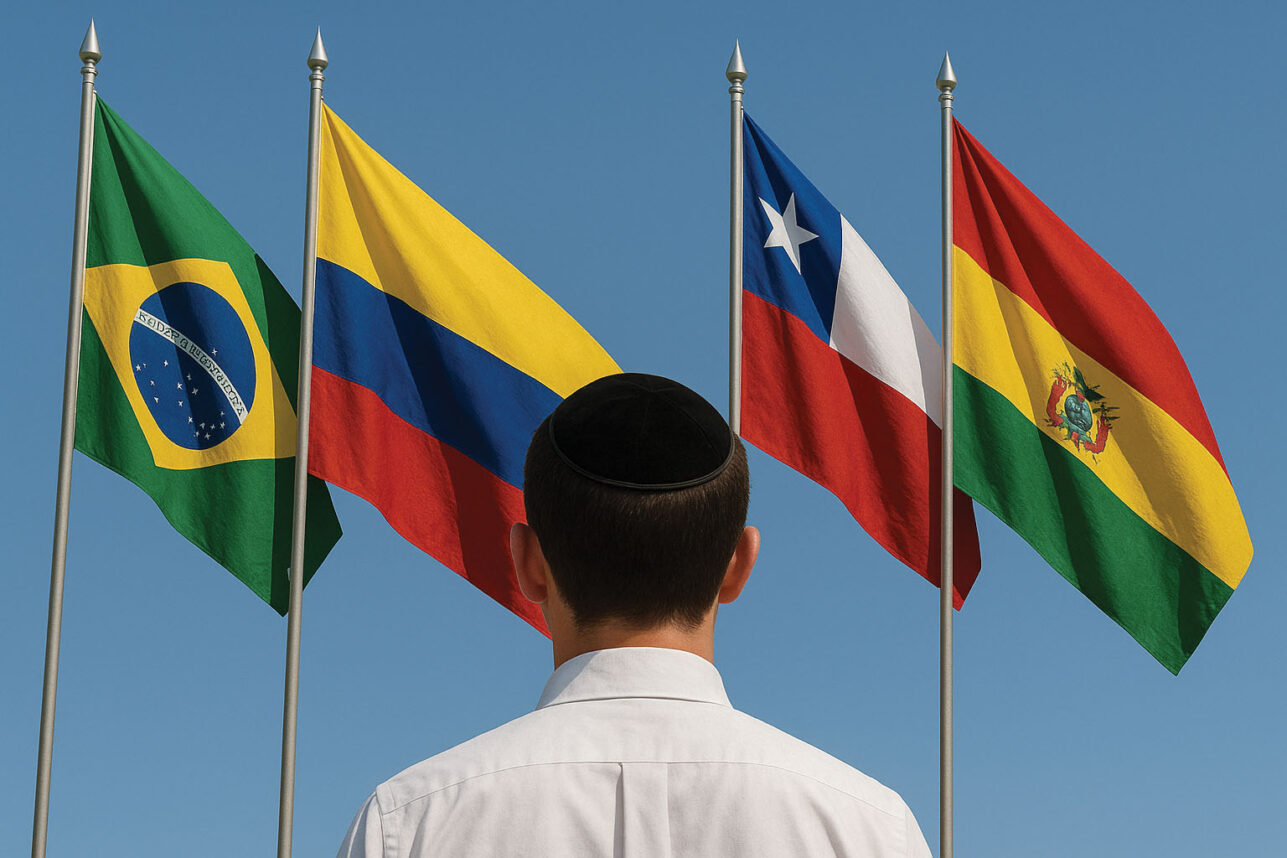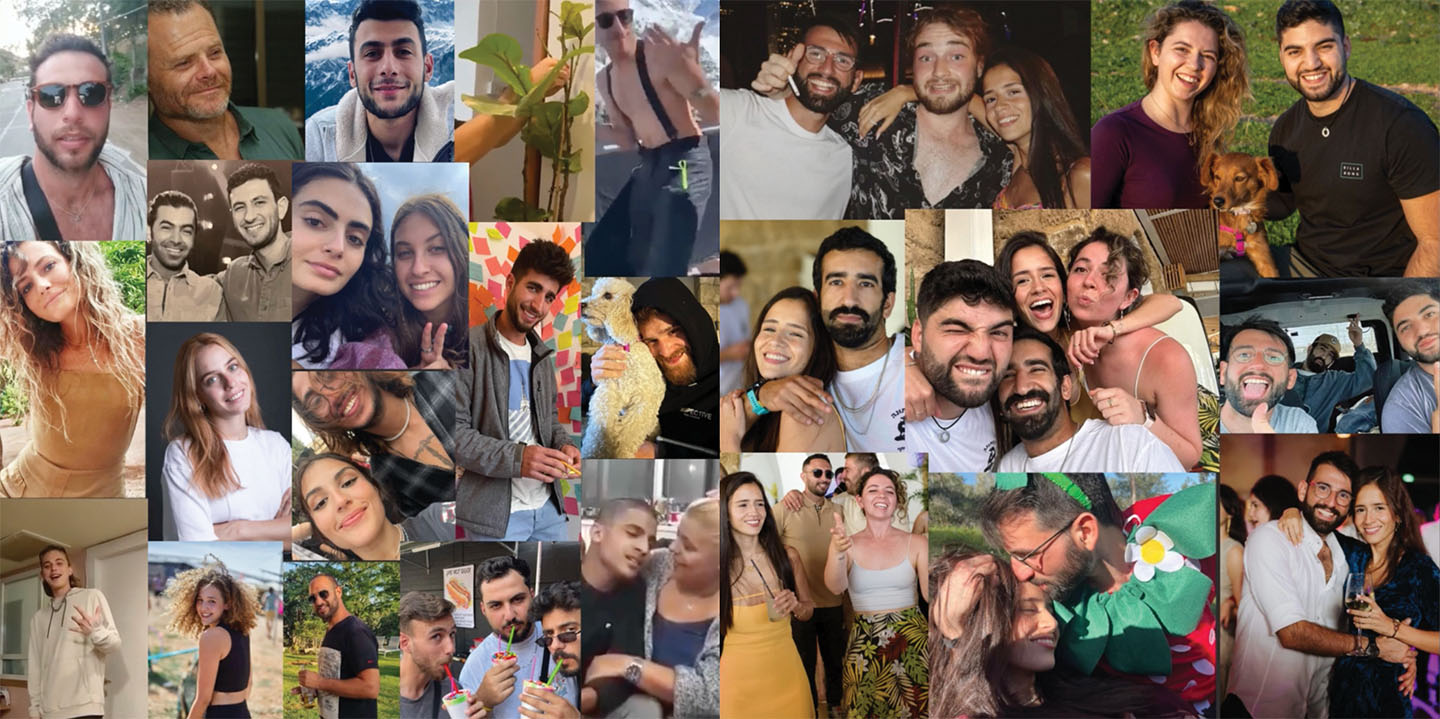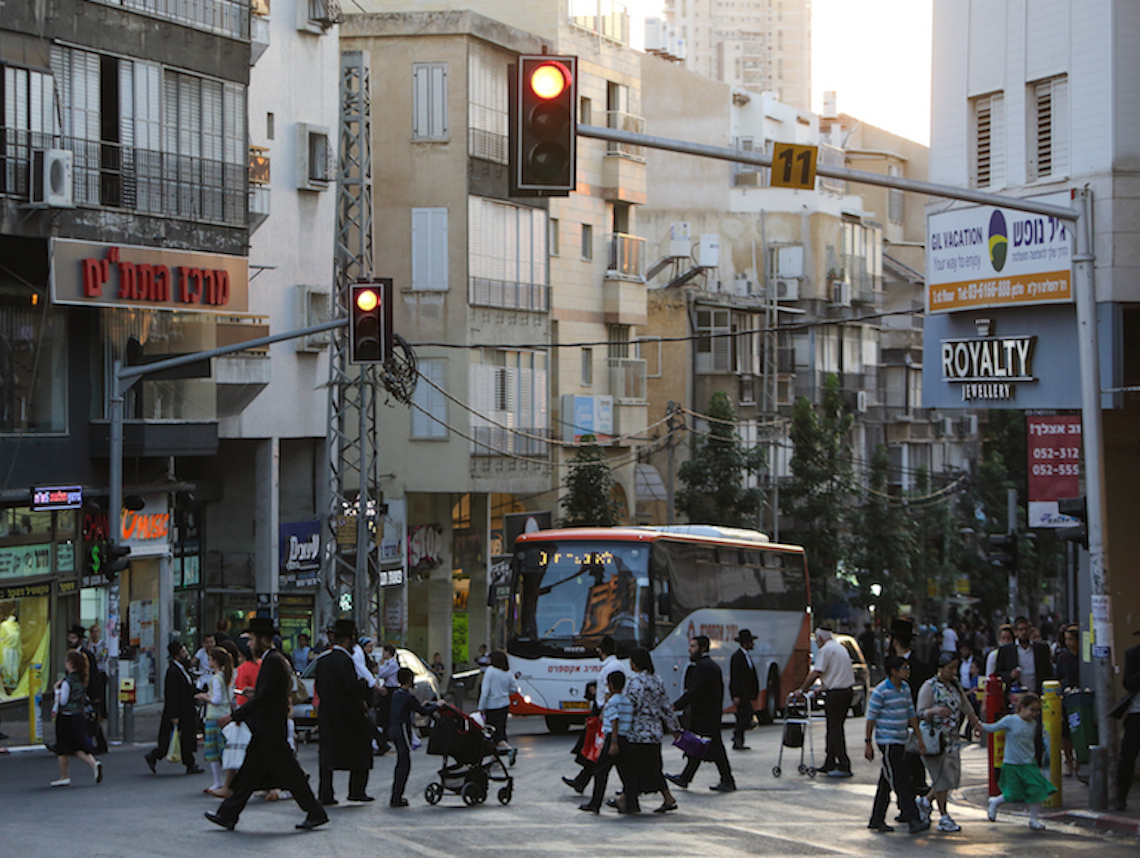
My article from last week prompted a lot of responses. Some of which were inquisitive, some doubtful, some angry. A rabbi friend wrote that he was “pained” by the article. A secular Israeli friend told me (in response to the Hebrew version) that I was not aggressive enough in describing the disaster. Those who didn’t read it, can read it here. Or make do with the following paragraph, after which I will answer a few questions and comments sent by readers.
This is a crisis in Charedi society — a crisis that is shaking the foundations of the entire Charedi society. This is a time when there is no external enemy, social trend or abusive regime harassing the community. The Charedi way of life is the enemy… [its] model for success is the enemy.
Question (Abby Friedland): Aren’t you concerned about the incitement against Charedim all over the world?
I am, for three reasons: the implications of this for intra-Jewish relations; the implications of this for the safety and security of Charedim; the implications of this for the image of all Jews and their safety.
I’ll make it short: The Charedi group is an important and vibrant group within the Jewish world, but also one that challenges this world in many ways, cultural and material. For the Jewish people to thrive, a dialogue between groups is essential, and such dialogue is more difficult when one group feels that the other group is spreading disease and the other group feels that the first group is spreading hate.
The safety of Charedim could be compromised if non-Charedim (Jews and non-Jews) become worried when they see Charedim in their midst.
The image of the Jewish people is harmed in the obvious way: When Charedim, who “look Jewish,” become highly visible as a community in which the disease is widespread, this opens the door for all kinds of bigots to utilize facts as they promote hate.
Comment: You know better than others that the “Ultras” (by the way, a degrading term) are not a “they” and a far from monolithic.
That is obviously true. And thus, it is somewhat unfair to use general terms and say that “Charedi society” failed to respond to the pandemic. Some did, some did not. And yet, there are three reasons to still refer to this group as one entity in this case. First – because it’s the fastest way to describe what’s happening. Generalizations are not the finest brushes, and yet they are needed to paint a broad picture. Second – because while not all Charedim shared a view concerning the response to the pandemic, very few of them were able to escape the fate of the community as a whole. If you live in Elad, or Bnei Brak, or Boro Park, you are implicated by what happened, no matter your personal views. Third – because the community is somewhat “monolithic” when it comes to certain features that made the situation so dire. Example: it is “monolithic” in its tendency to trust elderly rabbis on questions regarding which they have no clue. Another example (mentioned in my article): it is “monolithic” in its tendency to not trust non-Charedi bodies (98% do not trust the media!).
So, I do not feel a need to blame anyone for anything. No Charedi leader wanted the pandemic to spread. I do think that looking at the community and asking questions about its ways as a group is fair and necessary under the current circumstances.
Question (Alex Israel): After this, will anything change? People periodically predict cracks and collapse in the Charedi way of life. But in the main, they are not changing, not drafting, not accepting secular education.
Well, who knows? But here’s a small matter that could be relevant. In the late 1980s, Israel’s Central Bureau of Statistics predicted that in the year 2000 there would be just over five and a half million people in Israel. Ultimately, this number was about half a million off. A significant error, that can be easily forgiven. The excellent experts of the CBS could not imagine that the Soviet empire would collapse and that hundreds of thousands of Jews would come to Israel as a result.
Unforeseen events can throw even the soundest forecasts out the window and usher in surprising new realities. So, what is going to happen when the crisis is over? maybe nothing will happen. Maybe the outbreak will be forgotten, and life will go back to what it was. Historian Barbara Tuchman wrote of the Black Death in the 14th century that no sudden or dramatic change in the habits of humans could be detected when the plague was over.
On the other hand, maybe when the plague is over, Charedi society will no longer be the same. Maybe the Coronavirus will be like the fall of the Charedi Berlin wall. In other words, the plague is a good reminder that the world can turn on a dime. Charedim live in the world, they are part of the world. Change is not beyond them.










